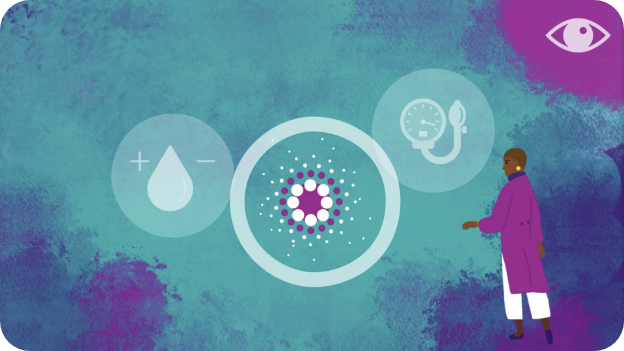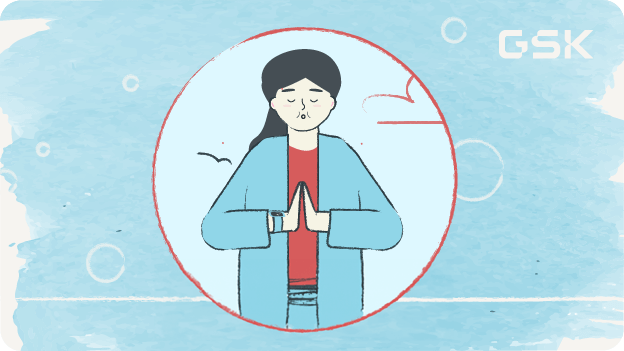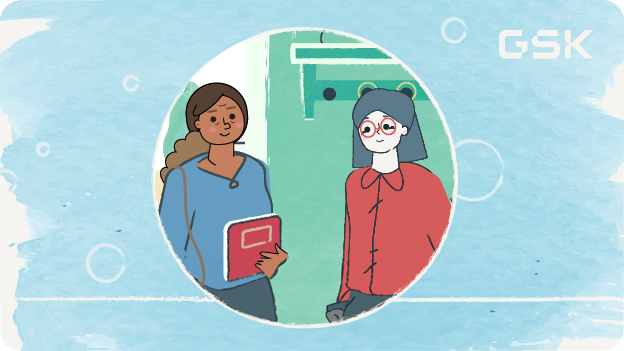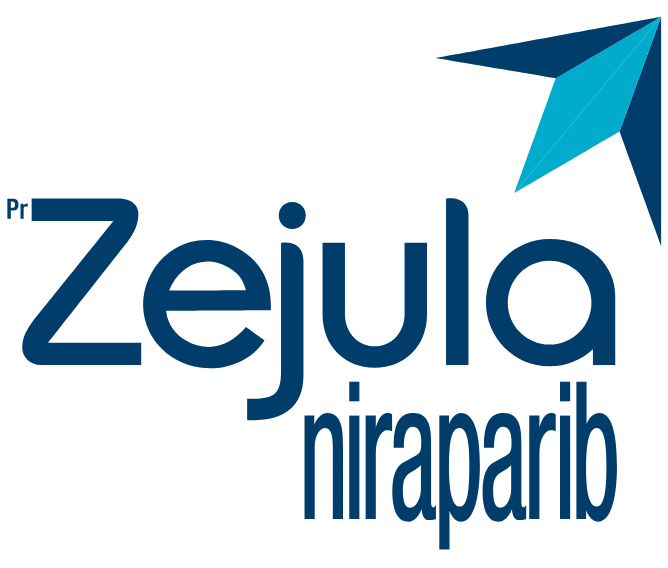Your ZEJULA resources

ZEJULA patient questionnaire
Complete this questionnaire before your next visit to your healthcare professional to let them know how you are doing with your treatment.

Get to know ZEJULA
Watch this short video for helpful information about treatment with ZEJULA, including how it works, how to take it, and what are the possible side effects from treatment.

Your guide to ZEJULA
Download and review this brochure to better understand ZEJULA as you get started with treatment. It contains important information about what ZEJULA is, how to take ZEJULA, and how to store ZEJULA. It also contains lifestyle and emotional support tips, and a handy wallet card.
Ella’s Neighbourhood – A Series for ZEJULA Patients
Ella and her friends are a group of patients with ovarian cancer who have been prescribed ZEJULA and experience different possible side effects of treatment. Watch as they learn about each side effect, the symptoms, and helpful lifestyle tips.
Remember, these videos are not intended to replace the advice of your healthcare team. If you have questions about your condition or medication, contact your healthcare professional.
The patients depicted in this series are not real. For illustrative purposes only.

Episode 1: Understanding anemia and thrombocytopenia
Start with this episode to learn about these two blood disorders and discover tips with Ella to help manage them.

Episode 2: Understanding nausea and vomiting
Find out what you can try if you experience feelings of sickness or throw up, like Susan, Ella’s neighbour.

Episode 3: Understanding hypertension
Learn about high blood pressure (hypertension) and lifestyle changes you can consider as Grace discusses some tips with Ella.

Episode 4: Understanding diarrhea and constipation
Discover what you can eat and what foods to avoid if you have diarrhea and/or constipation as Ella takes her friends Anita and Isabella to the grocery store.

Episode 5: Understanding fatigue
Find out why you may experience fatigue and learn tips from Carolyn, Ella’s neighbour and friend, while she shares her story with Ella.
Remember to take your medication exactly as your healthcare professional tells you.
Check with your doctor, pharmacist, or nurse if you are not sure.
To report a side effect for any GlaxoSmithKline product, please call: 1-800-387-7374.
Serious Warnings and Precautions
- Only a doctor who has experience treating cancer should treat you with this drug.
- Myelodysplastic Syndrome (MDS) or Acute Myeloid Leukemia (AML) is a problem with the bone marrow. You may have low red, white or platelet cell counts. This is serious and can lead to death.
- ZEJULA can cause bone marrow problems.
- ZEJULA can cause high blood pressure, which in some cases, can be severe.
- ZEJULA can harm your unborn baby if you take it while you are pregnant.
ZEJULA is used in adult women for the maintenance treatment of ovarian cancer, fallopian tube cancer, or primary peritoneal cancer (the membrane that lines the inside of the abdomen); and the maintenance treatment of ovarian cancer, fallopian tube cancer, or primary peritoneal cancer that has come back (reoccurred). In both cases ZEJULA is used after your cancer responds to platinum-based chemotherapy. ZEJULA helps to keep or maintain that response.
Do not use ZEJULA if you are allergic to niraparib tosylate or to any of the other ingredients of ZEJULA, or if you are breast-feeding or plan to breastfeed. It is not known if ZEJULA passes into breast milk. You and your doctor should decide if you will take ZEJULA or breastfeed. You should not do both. Do not breastfeed for 1 month after taking your last dose of ZEJULA. Talk to your doctor about the best way to feed your baby while you are being treated with ZEJULA.
Before using ZEJULA, talk to a healthcare professional if you: have or have had high blood pressure or heart problems, have or have had liver or kidney problems, are pregnant or plan to become pregnant, have an allergy to lactose, have an allergy to a yellow dye called tartrazine (FD&C Yellow #5) or are over 65 years of age.
Side effects of ZEJULA may include: pain in the stomach area; indigestion or heartburn; dry mouth; feeling tired or weak; loss of appetite; loss of weight; pain in your joints, muscles and back; headache; feeling dizzy; changes in the way food tastes; trouble sleeping; anxiety and depression; inflammation of the nose and throat; shortness of breath; cough; rash; constipation; hot flashes; nose bleeds; pink eye; swelling; increased sensitivity to the sun, sunburn. If you have a troublesome symptom or side effect that is not listed here or becomes bad enough to interfere with your daily activities, tell your healthcare professional.

